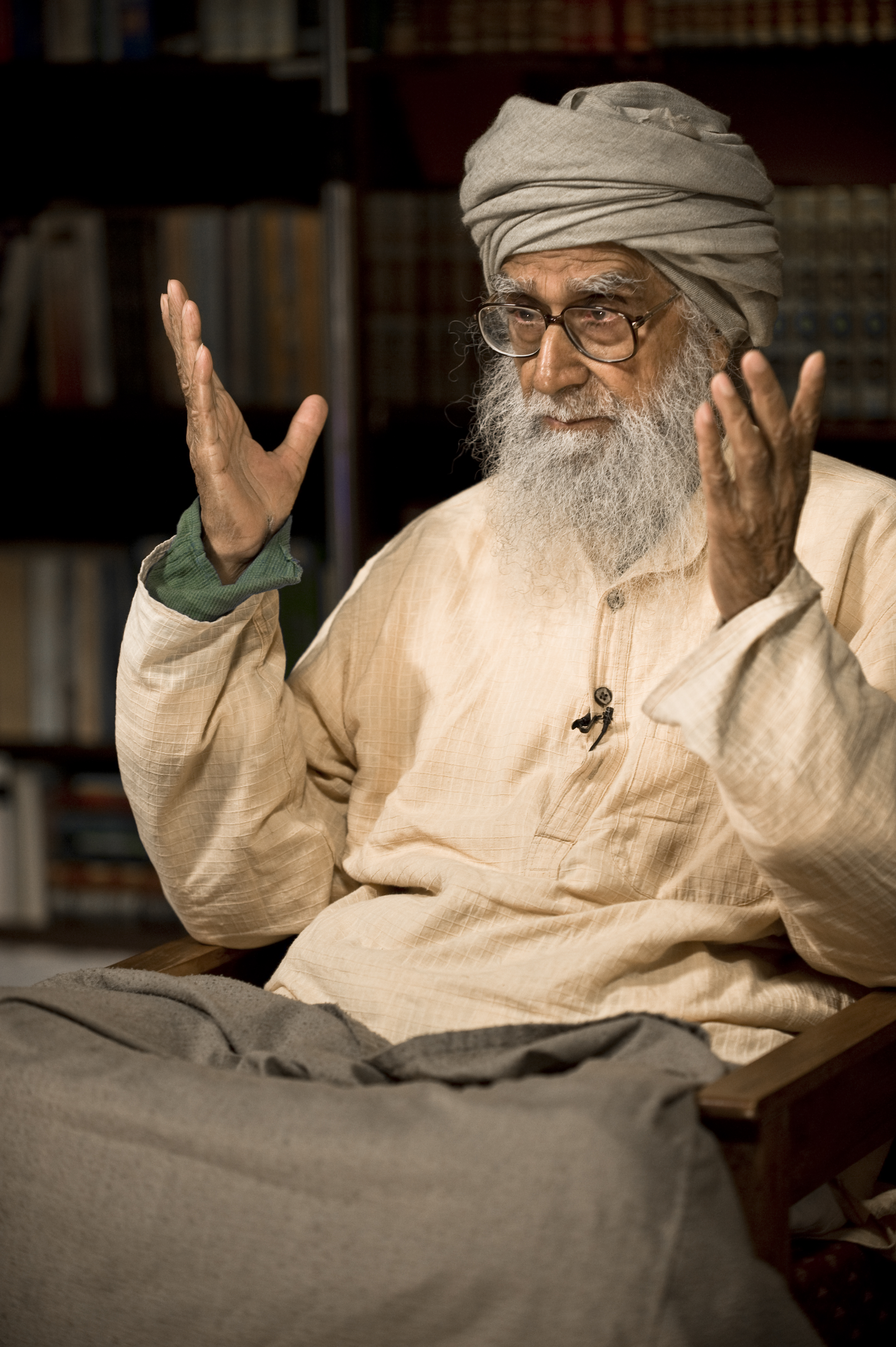ASK MAULANA
Your Questions, Answered
 What is Zakat?
What is Zakat?
Zakat, or the alms-tax, is one of the five basic tenets of Islam. Its payment is obligatory, at the rate of 2.5%, on all wealth that is subject to growth. Eight categories of people, eligible to receive Zakat, have been specified in this verse of the Quran:
Alms are only for: the poor and the destitute, for those who collect Zakat, for conciliating people's hearts, for freeing slaves, for those in debt, for spending for God's cause and for travellers in need. It is a legal obligation enjoined by God. God is All-knowing and Wise.
THE QURAN 9: 60
So, as is clear from this verse, one of the ways that Zakat can be spent is 'for the cause of God'. Though the words of the Quran are general, the consensus of Muslim theologians is that they refer to holy war: it is those who are voluntarily engaged in holy war, and have not been appointed any salary by the government, who should receive alms given 'for the cause of God'. (Fiqh-us-Sunnah, Vol. I, p. 393)
If we accept this interpretation, then it means that the instruction to give Zakat 'for the cause of God' may, to all intents and purposes, be misapplied. This form of voluntary participation in wars was only possible in ancient times; under modern conditions there is no question of it. In the present age, war has become so complicated and technical that only those who have received regular training are able to take any real part in it: to allow untrained people to enter the field of battle is tantamount to inviting defeat. In other words, only those who are employed by the government can participate in war. According to this interpretation, the above injunction is really no longer applicable.
The words 'for the cause of God' are general in their application. They include any task that is performed for God’s cause, being especially applicable to that work which the Quran calls 'calling to the service of God'. The true objective of Islam is preaching, not fighting. Calling people to submit themselves to God is the Islamic point of departure; war is only resorted to when the other party starts hostilities, and forces the preachers of Islam to take up arms to defend themselves.
The Egyptian scholar, Rasheed Raza Misri, has noted in his commentary of the Quran that the words 'for the cause of God' are equally applicable to those who strive to spread the word of God.
The best way to give alms 'for the cause of God' in the present age, is to contribute to the training of preachers, and to their dispatch by Islamic organizations to other lands, and to continue to give financial support to these preachers. (Tafseer Manar)
What is Thanksgiving?
Thanksgiving for man is to acknowledge the blessings of God. This acknowledgement first arises in the heart. Then, taking the form of words, it comes to the lips of the grateful person.
From birth, man has been superbly endowed in body and mind by his Creator. All his requirements have been amply catered for, every object in the heavens and on earth having been pressed into his service. All the things necessary for his leading a good life on earth and the building of a civilization have been provided in abundance.
Man experiences these blessings at every moment. It is, therefore, incumbent on man to thank God for His blessings at all times. His heart should be eternally brimming with gratitude for these divine blessings.
Thanksgiving is the most comprehensive form of worship: gratefulness is the essence of the godly life. The best expression of that gratefulness is the expenditure of time and money in the way of God. It is God after all, who has given man the reason to worship Him and the means to do so.
Please send your questions to
[email protected]





